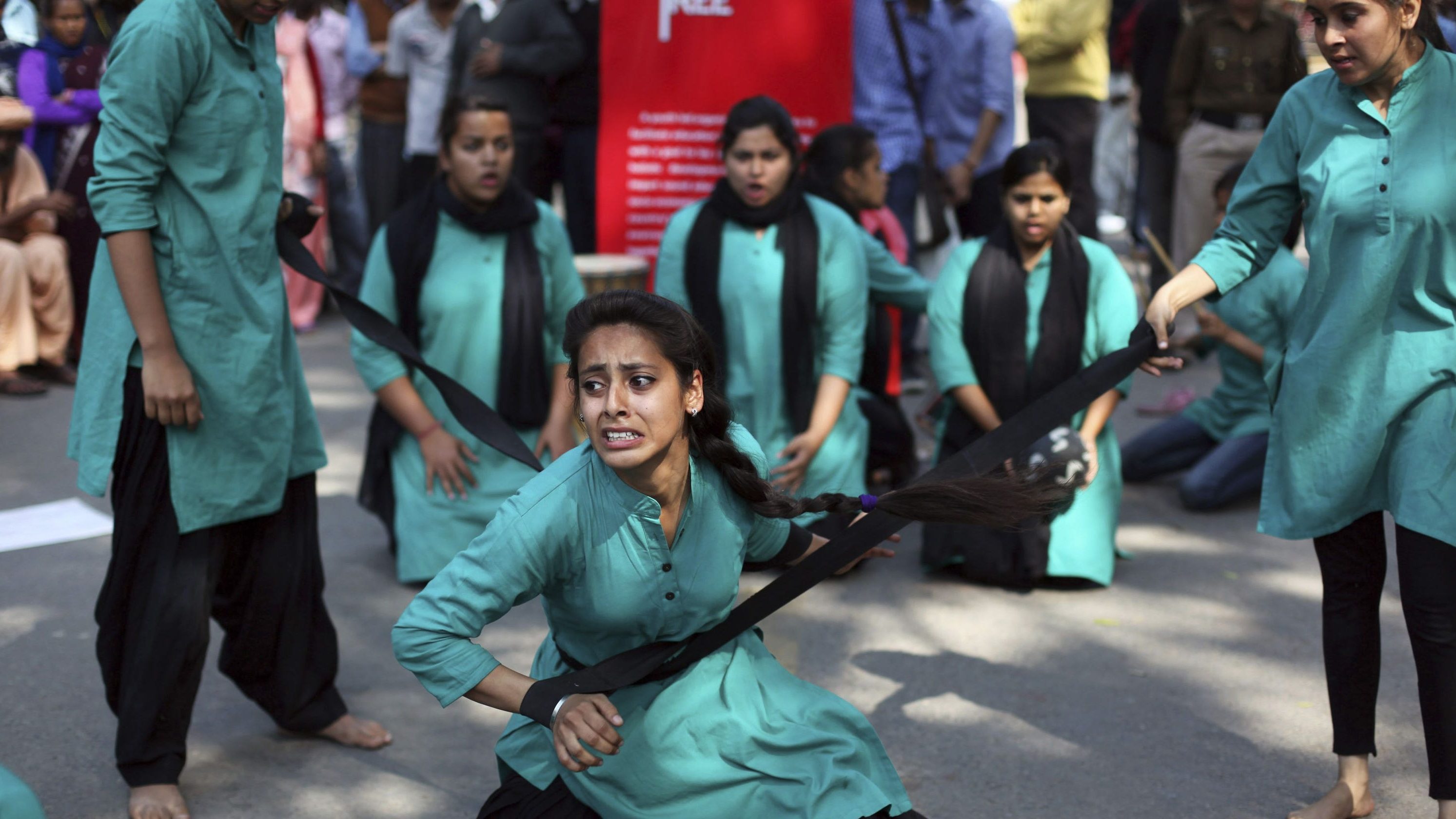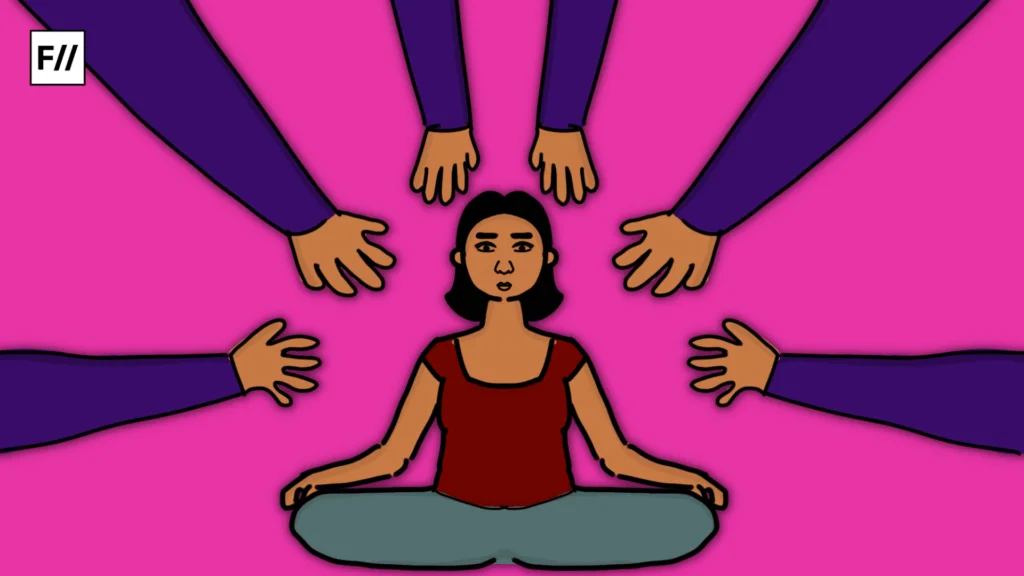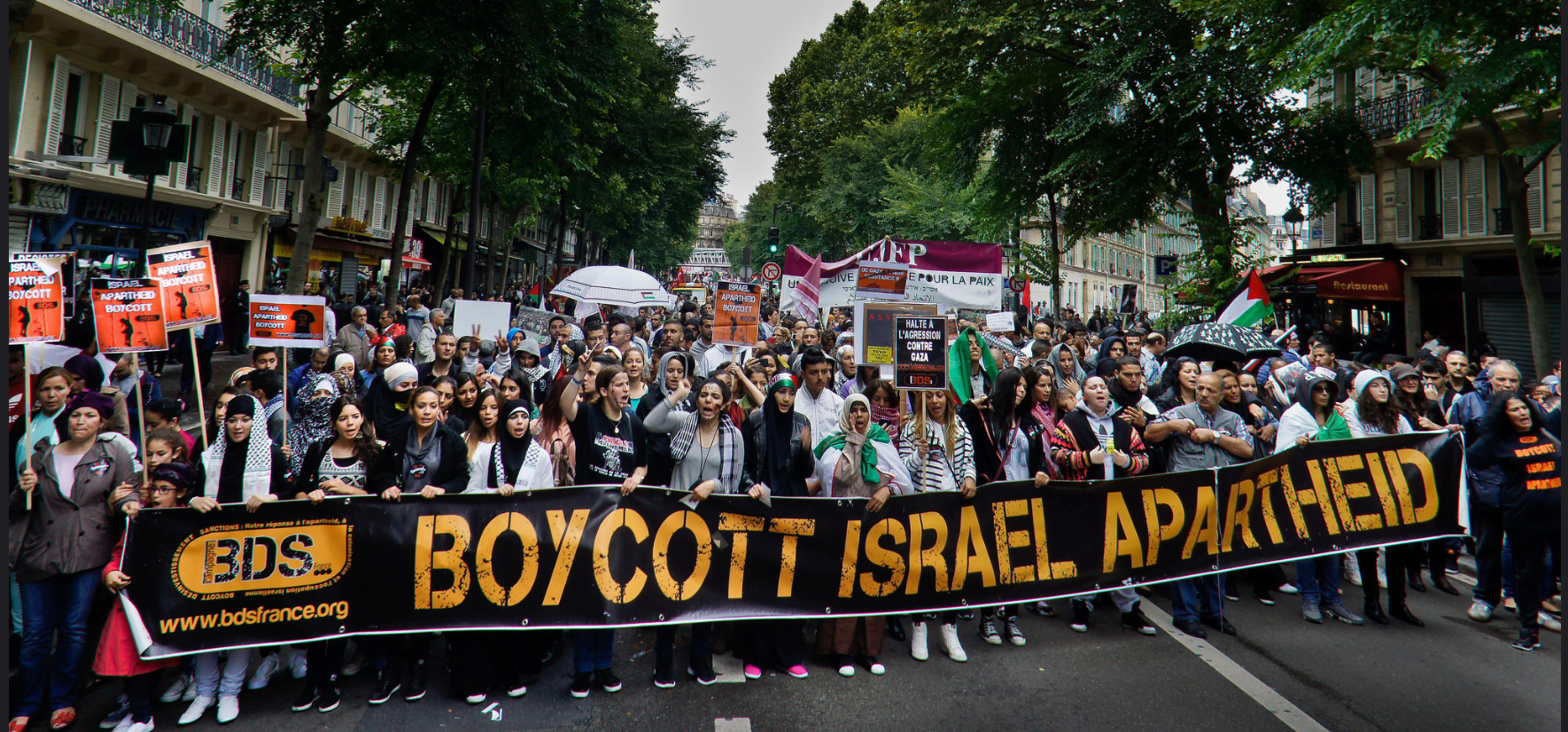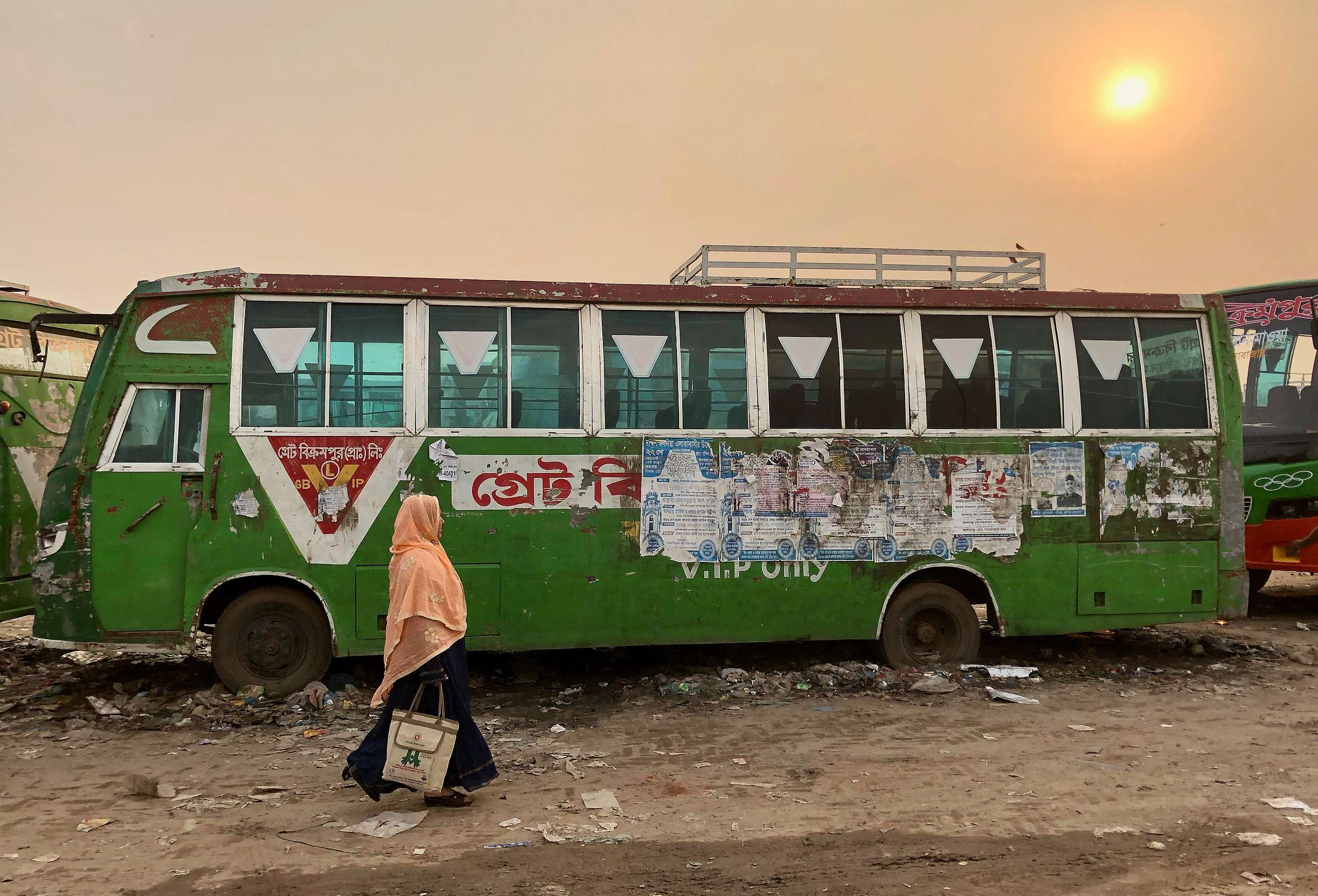The Domestic Violence Act, 2005 proposed the appointment of Protection Officers in each district of the country, who would facilitate the reporting of domestic violence, bolster the courage of victims and generally be the first point of contact for victims before approaching the law enforcement officers.
These officers, typically women, are appointed by the State Government and are deemed public servants. Protection officers help serve an important link between the victim and law enforcement officers, namely the police, the magistrate and the lawyers. They work to guide victims of violence through the process of redressal of their grievances, navigating through a myriad of laws and procedure, acting as counsellors to victims and mediating with their spouses and families. Below is a detailed summary of their roles:
Protection officers help serve an important link between the victim and law enforcement officers, namely the police, the magistrate and the lawyers.
Reporting Violence
Based on the information the Protection Officer received, they are required to prepare a “Domestic Incident Report” to the Magistrate, seek relief from the Magistrate on behalf of the victim and forward copies of the report to the police station within the jurisdiction of the victim.
Providing Guidance
Protection Officers are required to guide victims on the process of availing legal aid, accessing service providers, counsellors, shelter homes and medical facilities in the local area.
Accessing Shelter Homes
Protection Officers are mandated to make available safe shelter homes after receiving an order to this effect from the Magistrate. Depending on the wishes of the victim, the Protection Officer is also required to forward a copy of the report lodged in the shelter home to the police station and the Magistrate with the jurisdiction in the area where the shelter home is situated.
Supporting Claims of Maintenance and Submitting Medical Records
Protection officers also assist victims in making claims of interim monetary relief from their husbands. They are required to forward a copy of the medical report to the police state and the magistrate with the jurisdiction in the area where the violence is purported to have taken place.
If you are at risk of facing physical or emotional abuse or want to protect or guide another victim of abuse, take a chance and reach out to the Protection Officer near you for help. For details on the Protection Officer working in your district, click here.
Reaching Protection Officers
Any person who has reason to believe that an act of domestic violence has been or is likely to be committed, may give information about it to a Protection Officer. No liability, civil or criminal, will be incurred by any person for giving in good faith of information for the purpose of sub-section.
Also read: How We Further Enable Domestic Violence By Brandishing Privilege
Failure by a Protection Officer
If a Protection Officer fails to discharges his duties as directed by the Magistrate, without any sufficient cause, she can be punished with imprisonment which may extend to one year, or with fine which may extend to twenty thousand rupees, or both. However, it needs to be noted that no legal proceeding can lie against the Protection Officer for any damage caused or likely to be caused, that is in good faith done or intended to be done under this Act or any rule or order made thereunder.
When I Called Up a Protection Officers
While writing this article, I decided to call the Protection Officers mentioned in the list above pretending to be a victim of violence and was surprised to find that a large number of the officers either picked up their phones or called back. They were supportive and offered a ear to problems. They were keen to know what I wanted out of the redressal process, whether it was it a formal order or was it making sure that my (imaginary) husband did repeat acts of violence against me. Accordingly, the Protection Officers suggested measures for mediation before approaching the police or the authorities. While these conversations are in no way assurance of the continued co-operation of the Protection Officers for victims of violence, but they do offer a glimmer of hope and support for victims and their families while seeking redressal.
Also read: Ghar Ki Baat: Reporting Domestic Violence And Tackling Resistance
If you are at risk of facing physical or emotional abuse or want to protect or guide another victim of abuse, take a chance and reach out to the Protection Officer near you for help. For details on the Protection Officer working in your district, click here. This link provides for a list of Protection Officers in the NCR Region, with their names and addresses. Most of their personal numbers are also provided, so that you can reach them at points of emergency. Do post your comments on whether this article was helpful and whether you reached out to the Protection Officer near you.
Neha is a lawyer based out of the NCR region. Along with being passionate about teaching, Neha also loves to write and FII provides her with a platform to merge these two interests, giving her space to write about the nitty gritties about the law and procedure. She set up the Ladee Foundation, where she teaches barely educated women about their rights and about approaching law enforcement officers. At the Ladee Foundation, she is also working on a research project to examine the response of the stakeholders to instances of sexual assault reported by women. You can follow her on Facebook.
Featured Image Source: USA Today




